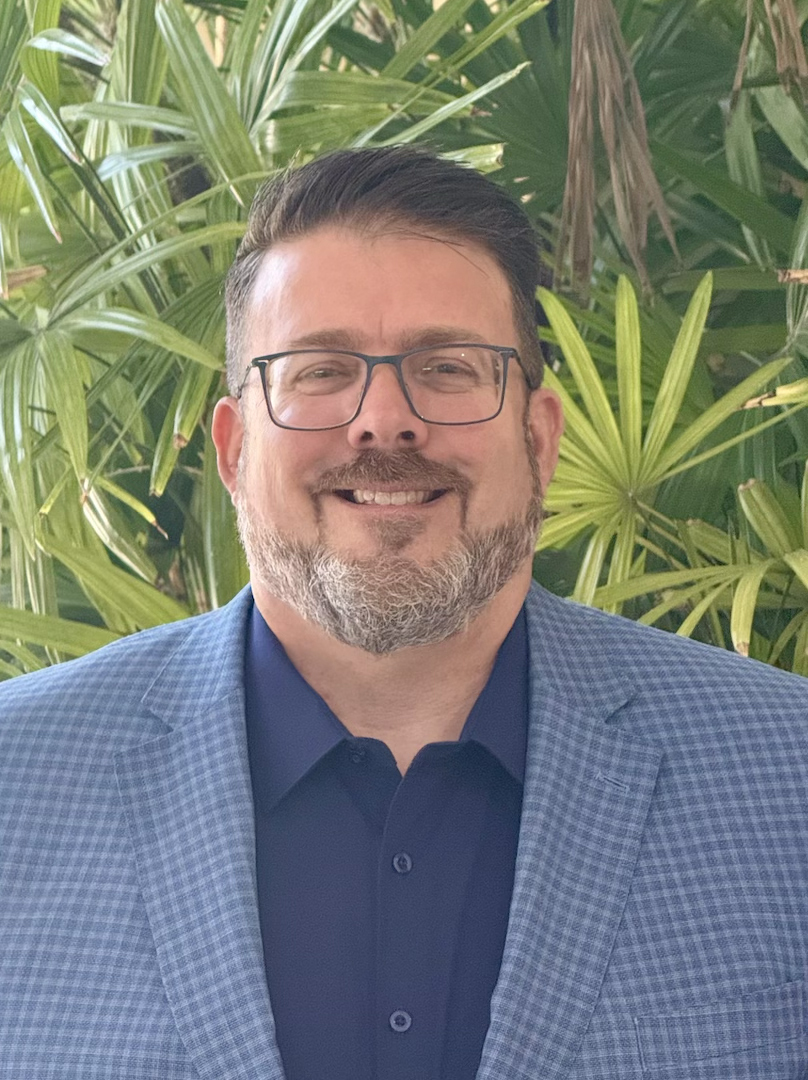Meet the Dean
Image

Jason Zara is the interim dean of the School of Engineering and Applied Science. Jason Zara has worked for 18 years in the development of novel imaging instrumentation and software to approach the detection and evaluation of epithelial cancers, epilepsy, and other human diseases. In 2006, Professor Zara received the Wallace H. Coulter Foundation Early Career Translational Research Award for his work in microfabricated OCT scanners. He holds seven U.S. patents and previously founded two start-up companies, including a GW spin-off, Lumacoustic Systems, LLC. See Interim Dean Zara's full profile.

